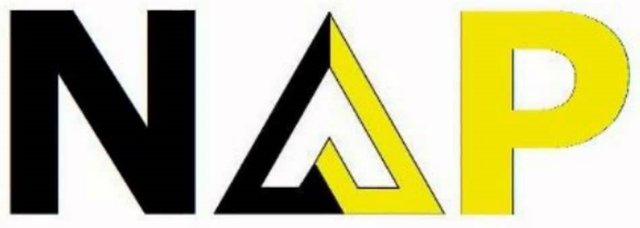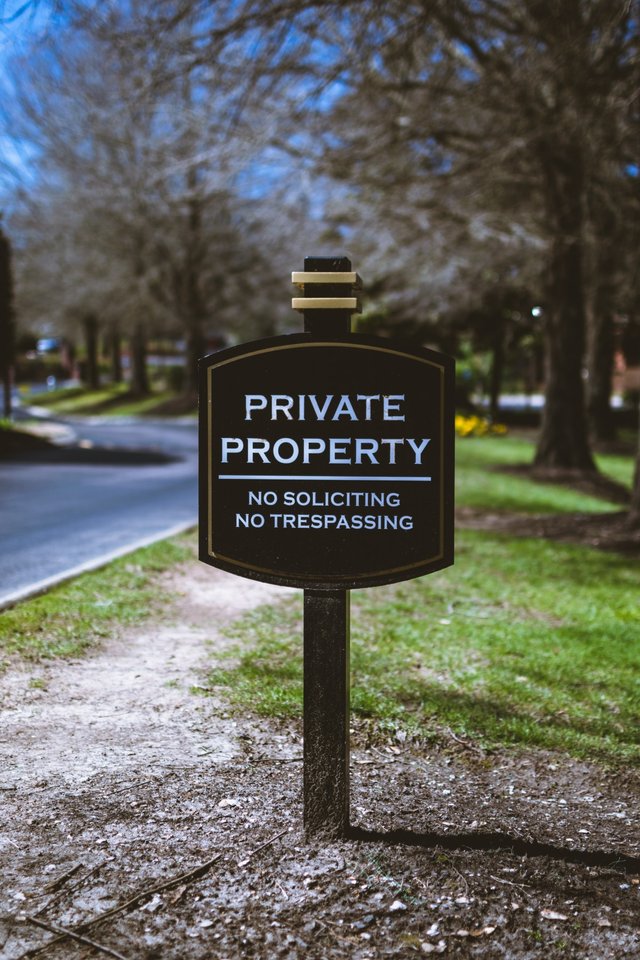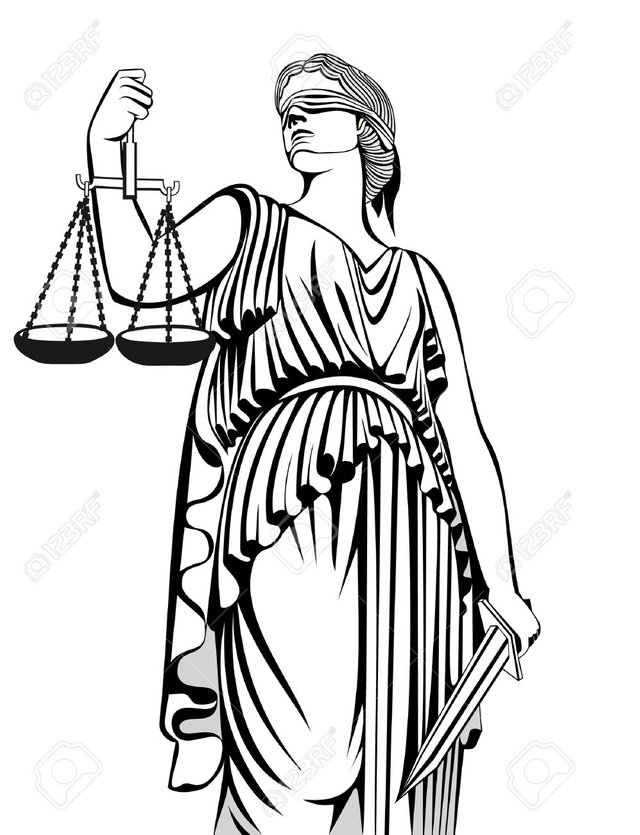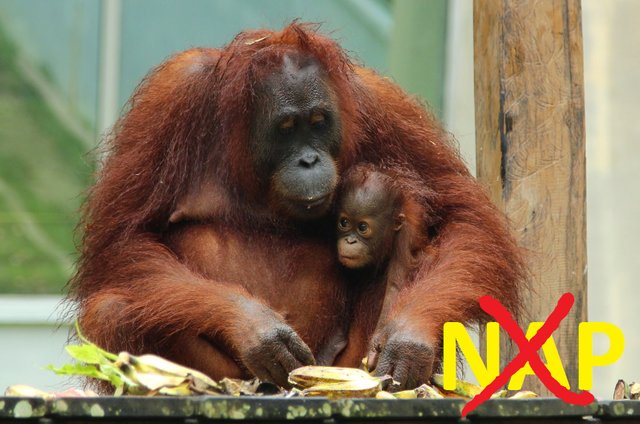The Non-Aggression Principle is an axiom of libertarian ethics which briefly says that no person can initiate an aggression on the property of another person. Being that the aggression can be direct (physical aggression) or indirect (credible threat).
In the event of an imminent threat to private property, it is possible to use self-defense without penalty, provided that the least force is used, in view of the proportionality of actions, seeking to prevent to a new aggression, which would be punishable.

Non-Aggression Principle
It is important, for the sake of clarity, to emphasize the difference between morality and ethics. Moral is a set of rules followed by a particular group, but can not be followed by other groups. On the other hand, ethics is a smaller set of rules that are considered valid by all the people of the world at all times. The NAP is an ethical minimum necessary for peaceful coexistence in society, and because it is a universal principle and perennial in time is the basis by which all natural laws are derived.
Definition of Private Property:
Before we continue it is of the utmost importance that the concept of private property becomes clear. According to the anarcocaptalist ethic we are all born in possession of a property, our own body (self-ownership), and it is through this first private property that we have access to all others that we may have.

Private property - minimum ethical for peaceful coexistence in society
There are only three possible ethical ways of acquiring private property:
- Being the first to take possession of something (primary appropriation), for example by enclosing for himself a land in a virgin forest or obtaining an object constructed by the own hands;
- Through voluntary exchanges (trade);
- Through donations (always voluntary - as implicit in the definition of the word itself);
In order for a property to be recognized as private, it is necessary to make this public information by demarcating and defending it. For example, in the case of lands that are in possession, it is necessary to demarcate through fences, walls, grates or any other solution similar to the area by which its property extends, being important also to watch over the defense and make use of the it. In the case of an unclaimed land invasion after a long period of time, the former owner's abandonment of ownership is implied, and ownership of the new owner becomes legitimate as primary appropriation. As far as objects in possession are concerned, it is important that they be kept on your property (land, car, boat ...) or if it is in the property of third parties, that the defense be made, keeping in possession or declaring it through a contract signed by both parties.
But ... What if someone violates the NAP?
Unfortunately, there will always be people willing to break rules, this is part of the freedom and diversity of opinions among individuals. In case of violation of the NAP, self-defense can be applied, always trying to use the least amount of force required. If a person invades your property, it is your right to expel it if necessary, force it, or if it is necessary to engage in a body fight or even make use of a firearm (if the attacker is threatening you with a weapon) the death of the aggressor. The level of their reaction will depend on the violent action that the attacker will take, remembering that the invasion itself is a first aggression on their private property, but their reaction should not exceed the minimum necessary, since the difference of violence will be characterized as a violation of the NAP than before was the perpetrator and will also be punishable.

In case of violation of the NAP one can use self-defense and private justice
In an anarcho-capitalist society, attacks on private property can be tried by private courts, whose judgment and sentence must be accepted by both parties to enforce it. If the convicted person does not accept or comply with the sentence, his or her name will be included in a public record as an outlaw, which may lead to boycotts or other problems in your life until it resolves that situation.
Private justice is a much more complex subject that will be addressed in the next article, so I ask for patience from those who are not yet adapted to this issue.
A very common penalty in an anarcho-capitalist society would be the application of damages, seeking to repair damages at a point similar to the initial state of the property that was violated, as if nothing had happened.
Are pets entitled to NAP?
Since the NAP is an accepted ethical minimum in all human societies, would it also be claimed by other living beings?
The answer is no! Firstly because the NAP is part of the ethics of human societies and there is no evidence that any other species follows any ethics, which would imply complex rationality. Secondly, because even if we discovered other forms of intelligent life, on Earth or elsewhere in the universe, or even if machines had their artificial intelligence developed to the point of becoming conscious or even "becoming alive," there is no guarantee that they would follow this ethical principle.

Only humans can claim the NAP
This was a brief, simplified definition of NAP. And you, have anything to add that I did not write here? Do you disagree with something? Then leave your comment below.
Upvotes and Resteem are always welcome!
I hope I have contributed something and until the next article ;)
Congratulations @cristianfelicio! You have completed the following achievement on the Steem blockchain and have been rewarded with new badge(s) :
You can view your badges on your Steem Board and compare to others on the Steem Ranking
If you no longer want to receive notifications, reply to this comment with the word
STOPTo support your work, I also upvoted your post!
Do not miss the last post from @steemitboard:
Vote for @Steemitboard as a witness to get one more award and increased upvotes!
Downvoting a post can decrease pending rewards and make it less visible. Common reasons:
Submit